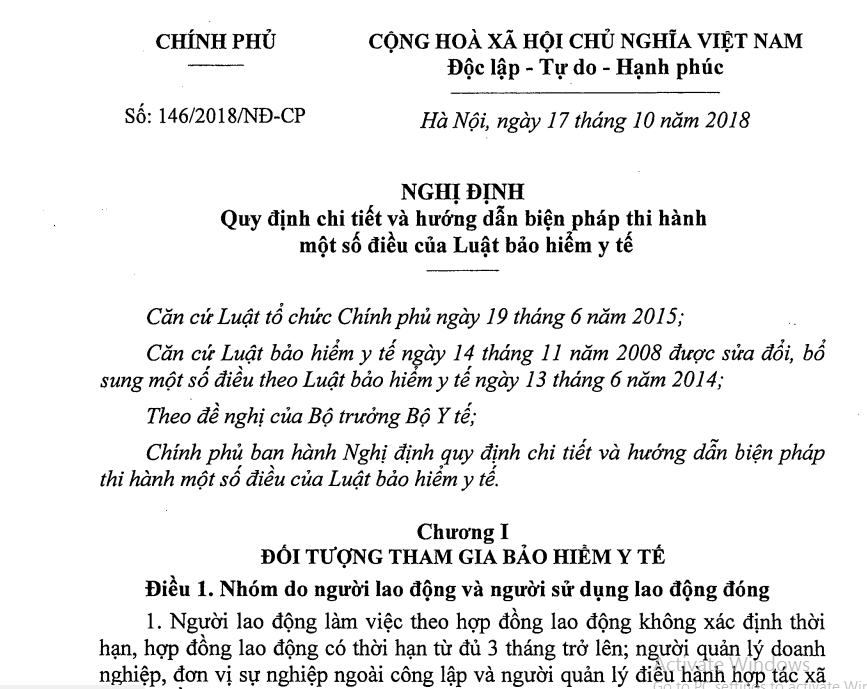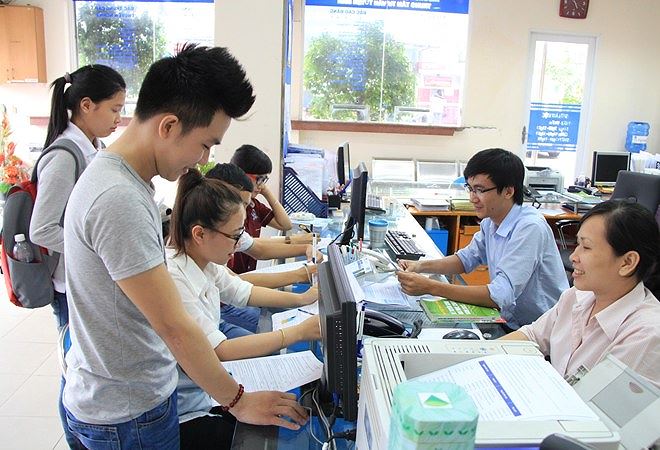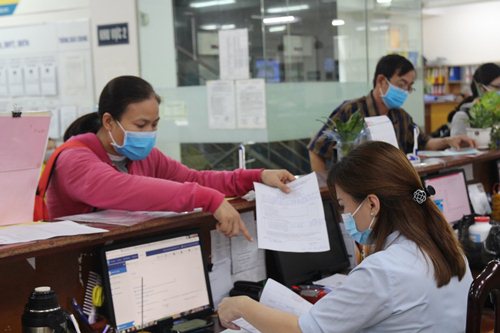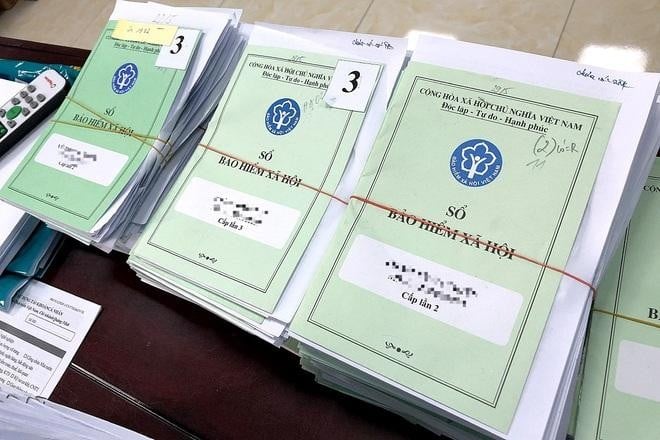Currently, life insurance and social insurance are quite popular types of insurance in Vietnam. Accordingly, are employees required to participate in social insurance when they have purchased life insurance?

According to current regulations of Vietnam, social insurance includes compulsory social insurance and voluntary social insurance. According to Article 4 of the Decision No. 595/QĐ-BHXH of Vietnam Social Security, Vietnamese employees subject to compulsory social insurance include:
- People working under labor contracts whose term is indefinite, fixed-term labor contracts, seasonal labor contracts or labor contracts for specific jobs whose term is from 3 months to less than 12 months, including labor contract signed between employers and legal representative of people under 15 years old in accordance with regulations of law;
- People working under contracts whose term is from 1 to less than 3 months (from January 01, 2018);
- Officials and public employees prescribed by law;
- National defense workers, police workers and other people working for cipher organizations;
- Managers of enterprises and directors of cooperatives receiving salaries;
- Part-time staffs of communes, wards and towns;
- Vietnamese guest workers under contracts;
- People entitled to spouse allowance in overseas Vietnamese representative missions;
- The employees that are mentioned above, assigned to study, practice or work domestically and overseas but still receive domestic salaries and are subject to compulsory social insurance.
On the other hand, according to Article 2 of the Decree No. 134/2015/NĐ-CP of Vietnam’s Government, the voluntary social insurance participants are Vietnamese citizens aged 15 older and are not the persons for whom social insurance is compulsory.
Thus, according to the above provisions, Vietnamese employees in one of the above subjects must participate in compulsory social insurance even though they have purchased life insurance. Concurrently, in case the employee has purchased life insurance and is not subject to compulsory social insurance, depending on the conditions and needs of the employee to consider whether to participate in voluntary social insurance or not. However, it should be noted that employees participating in social insurance (compulsory social insurance or voluntary social insurance) when enjoying pensions enjoy a lot of benefits and it is the pension that is the lifeline for employees when they are old and are no longer able to work to generate income. This is the outstanding advantage of social insurance compared to life insurance.
Specifically, according to the Official Dispatch No. 3758/BHXH-TT of Vietnam Social Security, the 03 differences between social insurance and life insurance are as follows:
First, the biggest difference is the purpose:
- Social insurance is a type of non-profit insurance.
- Life insurance is meant to be profitable.
Thus, the profit of life insurance is taken from the participant's own money. It should be noted that the remuneration for life insurance agents is very large (from 20 to 25% in the first year and gradually decreases in the following years but not less than 5%).
Second, about the conditions and participation fee:
- Subjects participating in social insurance are Vietnamese citizens aged 15 years and older and are not subject to compulsory social insurance with a pre-determined contribution rate of 22% to the retirement and survivorship fund.
- For life insurance, although at a glance the benefit packages seem attractive, they set quite strict conditions on age and health at the time of signing the insurance contract to minimize risk.
Third, about benefits:
Social insurance:
- The contributions to the social insurance fund are adjusted up in proportion to the annual consumer price index (CPI) according to the Government's regulations announced in the year in which the participants enjoy the insurance (the average CPI increase of 8,1 %/year, from 2008 to present);
- When a person who is participating in social insurance dies or is injured for any reason, the time of payment of social insurance premiums will be recorded for calculation of social insurance benefits;
- When participating in social insurance, when enjoying pension, the pension level is periodically adjusted according to the consumer price index and economic growth.
- In addition, during the entire period of pension enjoyment, the employee is paid by the social insurance fund to issue a health insurance card and enjoy the same medical examination and treatment benefits as everyone else, regardless of the participation fee, type of disease etc. When the beneficiary dies, the person in charge of the funeral is also entitled to a funeral allowance equal to 10 months' basic salary at the time of the beneficiary’s death, and their relatives are entitled to the survivorship regime (monthly or one-time allowance).
Life insurance:
- Life insurance premiums are calculated according to market interest rates;
- The enterprise does not have to pay insurance in some cases (death by suicide within two years from the date of payment of the first premium or from the date the insurance policy continues to take effect; death or permanent disability due to the intentional fault of the policyholder or the willful fault of the beneficiary; the insured person's death due to execution of a death sentence);
- Benefits to be enjoyed under the signed contract;
- In addition, in the event of a risk that the insurer goes bankrupt, the participant may lose all benefits.
It can be seen that when participating in social insurance, there are superior advantages compared to life insurance, the most obvious manifestation is the pension benefits of the participants of social insurance at the time of old age, when they are no longer capable of working to generate income. Therefore, LAWNET encourages Customers and Members to participate in social insurance even if they have already participated in life insurance.
Ty Na
- Key word:
- Decision No. 595/QĐ-BHXH
- social insurance
 Article table of contents
Article table of contents
.jpg)









.Medium.png)
.Medium.png)
.Medium.png)
.Medium.png)
